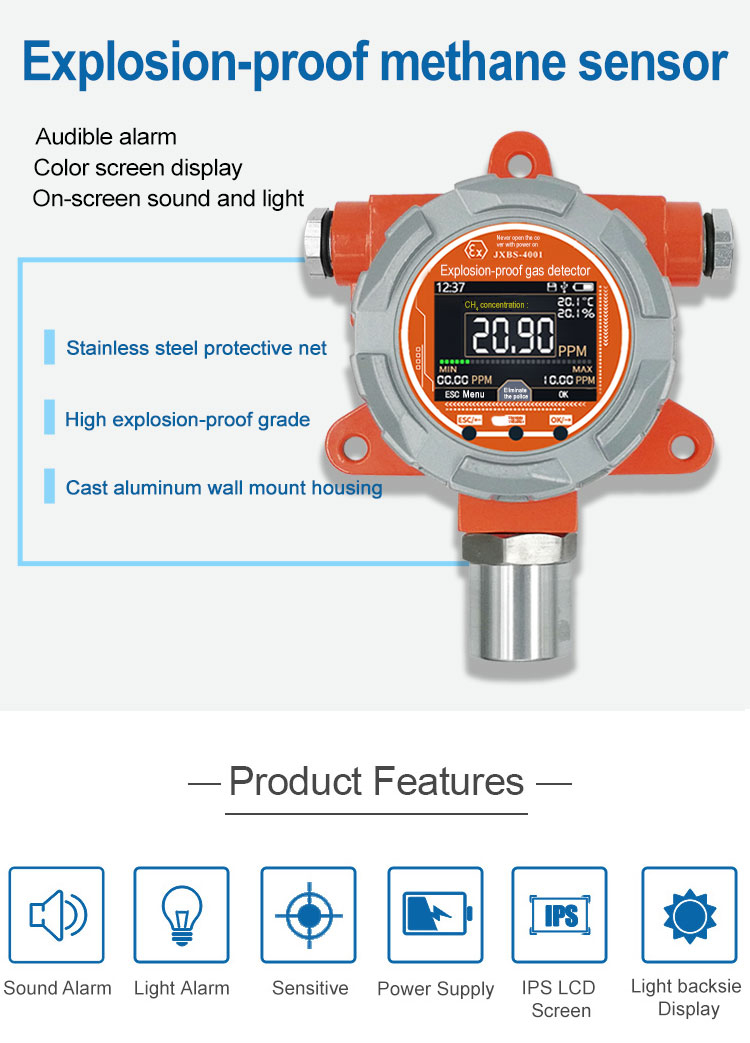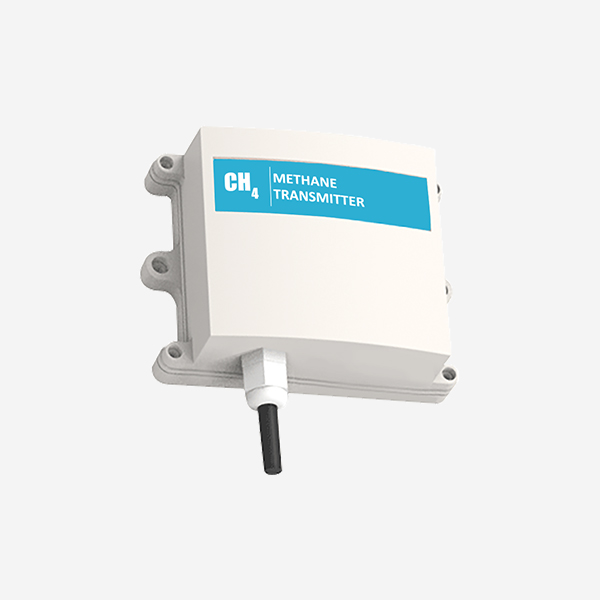Understanding methane gas
This article explores the importance of methane detector, their working principles, and the advantages they offer in early detection and prevention of methane-related hazards. Methane gas is a colorless, odorless, and highly flammable substance that poses significant safety risks in various industries, including oil and gas, mining, agriculture, and wastewater treatment. Detecting methane gas leaks is crucial for preventing accidents, ensuring worker safety, and protecting the environment. This article explores the importance of methane detectors, their working principles, and the advantages they offer in early detection and prevention of methane-related hazards.

The importance of using methane detectors
Early Detection of Methane Gas Leaks:
Methane detector play a critical role in identifying methane gas leaks at the earliest stages. These detectors utilize advanced sensing technologies to detect even trace amounts of methane in the air. By providing early warning signals, they enable prompt action to be taken, preventing potential explosions, fires, or asphyxiation incidents.
Highly Sensitive Sensors:
Methane detectors are equipped with highly sensitive sensors specifically designed to detect methane gas. These sensors can detect even low levels of methane, ensuring reliable and accurate measurements. The sensitivity of the sensors is crucial for detecting leaks swiftly, allowing timely intervention and preventing hazardous situations from escalating.
Real-time Monitoring and Alarming:
Modern methane detector provide real-time monitoring capabilities, continuously measuring and analyzing methane gas levels in the surrounding environment. They generate alarms when methane concentrations exceed predetermined threshold limits, providing immediate warnings to workers and allowing them to evacuate potentially dangerous areas promptly.
Portable and Versatile:
Methane detector are available in portable and handheld forms, making them convenient for use in different locations and scenarios. Their compact size and lightweight design allow for easy carrying and maneuverability. These detectors can be used in confined spaces, remote areas, or during mobile inspections, ensuring comprehensive coverage in various industries.
Multi-functionality:

Many methane detectors on the market today offer multi-functionality, enabling them to detect other flammable gases such as propane and butane. This feature allows for broader gas detection capabilities, enhancing overall safety by addressing a wider range of potential hazards.
Data Logging and Reporting:
Some advanced methane detectors come with data logging and reporting features. These detectors can store gas concentration data over time, enabling safety professionals to analyze historical trends and make informed decisions regarding safety protocols. Data logging also facilitates compliance with regulatory requirements and aids in post-incident investigations.
Easy Calibration and Maintenance:
Methane detector are designed to be easily calibrated, ensuring accurate readings. Regular calibration procedures help maintain the reliability and performance of the detectors. Additionally, these detectors often come equipped with self-diagnostic functions, enabling users to verify the operational status and perform any necessary maintenance and troubleshooting promptly.
Training and User-friendly Interface:
Methane detector are user-friendly, with intuitive interfaces and straightforward operation. They require minimal training for users to understand their functions, readings, and maintenance procedures. This simplicity ensures that a wide range of personnel can effectively use and interpret the readings, making workplace safety more accessible.
Conclusion:
Methane detector play a vital role in ensuring the safety of workers and environments where methane gas is present. These detectors have the characteristics of early detection, real-time monitoring, portability, data recording, easy calibration and maintenance. This is an important tool for preventing methane-related accidents. By identifying and alerting methane gas leaks in a timely manner. Methane detectors play an important role in reducing risk, protecting lives and creating a safe working environment.
